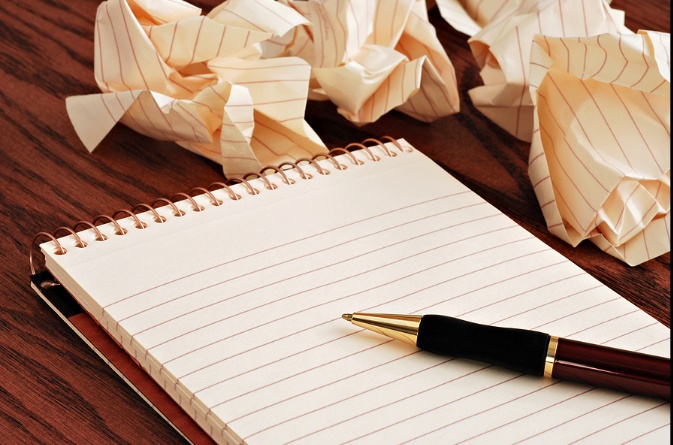Reading and writing form an essential form of analytical thinking and communication.
Just like other crafts, it takes time and effort to learn effective reading and writing skills.

Here are aspects of analytical writing to master for improved analytical writing skills.
Create a good title
The title is like the face of a human being. It gives a reader the first impression of your writing. Choose a title that will arouse in a reader the desire to read the rest of your piece.
Choose A good thesis topic
A thesis statement easy to build upon makes writing easier and enjoyable. Moreover, choosing interesting topics makes one passionate about writing.
Something that people have different opinions on makes a stronger thesis. In other words, a debatable thesis elicits a stronger argument than generally accepted ideas.
Ensure that introductory sentences pique the interest of a reader. The sentences should also be informative. This will not only help in building the thesis but also keeping the reader engaged.
Write in clear and easy to understand language. The reader may not have the time and resources to find out the meaning of technical terms.
Create flow between sentences
To create flow between sections, learn how to use transitional phrases to connect ideas or paragraphs.
You also need to clearly and objectively express ideas in a way that engages the reader. Use words and phrases, such as similarly, likewise, in contrast, on the other hand, however, and nevertheless, to indicate comparison or contrast.
Such words and phrases also help to signal the writer’s intention (to compare or to contrast).
Use words or phrases that indicate addition, similarity, illustration, emphasis, and consequence.
Using such words and/or phrases helps the reader to flow smoothly from one section to the next.
Quote Sentences and Phrases
Quote sentences that support your argument succinctly. State quotes without going further to explain their meaning since this makes a paper vague and shows the writer does not understand the text.
When analysing a quote, brainstorm a few key phrases to make the exercise easier. Use ellipsis within quoted text to leave out unnecessary parts.
Use of direct quotes from authoritative sources validates one’s argument. After stating the quote, identify key words and/or phrases.
This helps in ensuring that information in the paragraph focuses or expounds the thesis statement.
Proofread
Reading the draft as a stranger for the first time increases the likelihood of discovering instances where there is limited evidence or where you have used it inappropriately.
Additionally, reading from another person’s eye helps to ensure you have said what you need to say.
While reading, write questions that the essay needs to answer in the margins. Then, ensure that the essay has adequately answered them.
Criticism and Feedback
Positive feedback from critics reaffirms the potential of becoming a better writer—if only you work hard to overcome weaknesses and build on your strengths.
[irp]
It is important to note that writing stimulates one to think beyond the obvious. Nonetheless, learning and mastering writing techniques requires a conscious effort.
Leave a Comment